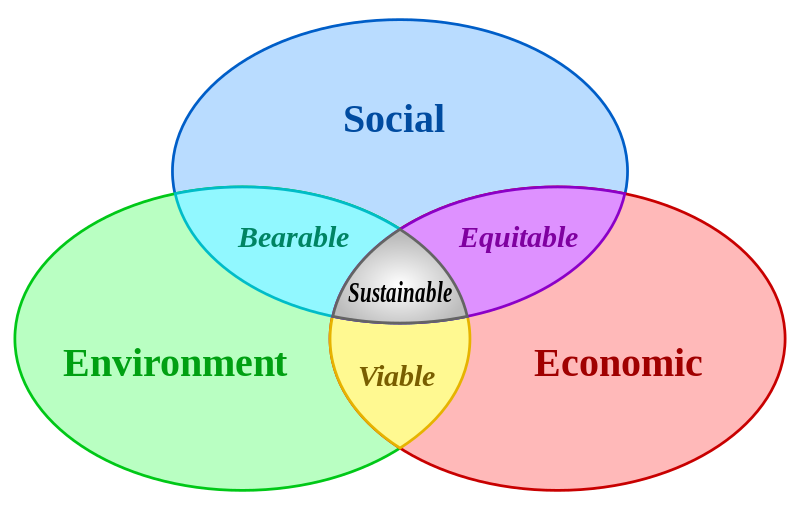Getty Images Withdraws Key Copyright Claims Against Stability AI

In a significant development within the realm of intellectual property and artificial intelligence, Getty Images, a leading media company, has officially withdrawn its primary copyright claims against Stability AI, the company behind the AI image generation platform, Stable Diffusion. This decision, announced in the High Court in London, marks a pivotal moment in the ongoing discourse surrounding the intersection of AI technology and copyright law.
On June 25, 2025, Getty Images informed the court that it would no longer pursue allegations that Stability AI infringed upon its copyright by utilizing its images to train Stable Diffusion. The case had centered on claims that Stability AI's system generated images based on prompts that included Getty's copyrighted material. Stability AI's defense argued that the alleged activities fell outside the jurisdiction of UK copyright law, a point that has now gained renewed attention following Getty's withdrawal of its claims.
Gill Dennis, a Senior Practice Development Lawyer at Pinsent Masons, remarked, “This news will come as a blow to both sides of the AI copyright debate who were hoping that the outcome of the trial might bring some clarity to the very issues which have now been dropped.” Dennis noted that the withdrawal intensifies the pressure on the UK government to expedite its response to ongoing consultations regarding AI and copyright, particularly in light of recent legal reforms in the UK’s data laws.
Despite dropping the copyright claims, Getty Images maintains its stance on secondary copyright infringement, trademark rights violations, and allegations of 'passing off' against Stability AI. Stability AI has categorically rejected these claims, which indicates an ongoing legal battle that may reshape the landscape of copyright law as it pertains to AI technology.
The implications of this case extend beyond the parties involved. The decision not to pursue the claims could signal challenges for other content creators, particularly smaller entities that have expressed concerns over copyright infringement by AI developers. Dennis pointed out that if a major player like Getty Images struggles to prove its case, the prospects for smaller creators may be even more daunting. “Today’s news will only strengthen the resolve of those who want to subject AI developers to transparency obligations around the material they use to train their systems,” she stated.
The backdrop to this legal decision is a growing concern among stakeholders in the creative industries regarding how AI technologies utilize copyrighted materials. The UK government’s hesitance to legislate on these matters has been evident, with previous attempts at reform facing significant challenges. Dennis emphasized that “the government needs to act quickly to end the current uncertainty but previous failed attempts to do so over several years illustrate just how difficult that is likely to be.”
As the debate over AI and copyright continues, the withdrawal of Getty’s claims against Stability AI may catalyze further discussions around the need for legislative clarity in the UK. Experts are calling for a balanced approach that considers the interests of both AI developers and content creators to foster an environment conducive to innovation while protecting intellectual property rights.
Moving forward, the outcome of this case will likely inform future legislative frameworks and could significantly impact the dynamics between technological advancement in AI and the preservation of creative rights. The ongoing discussions underscore the necessity for a legal framework that addresses the complexities introduced by AI technologies in copyright law, ensuring that both innovation and the rights of creators are adequately safeguarded.
Advertisement
Tags
Advertisement





